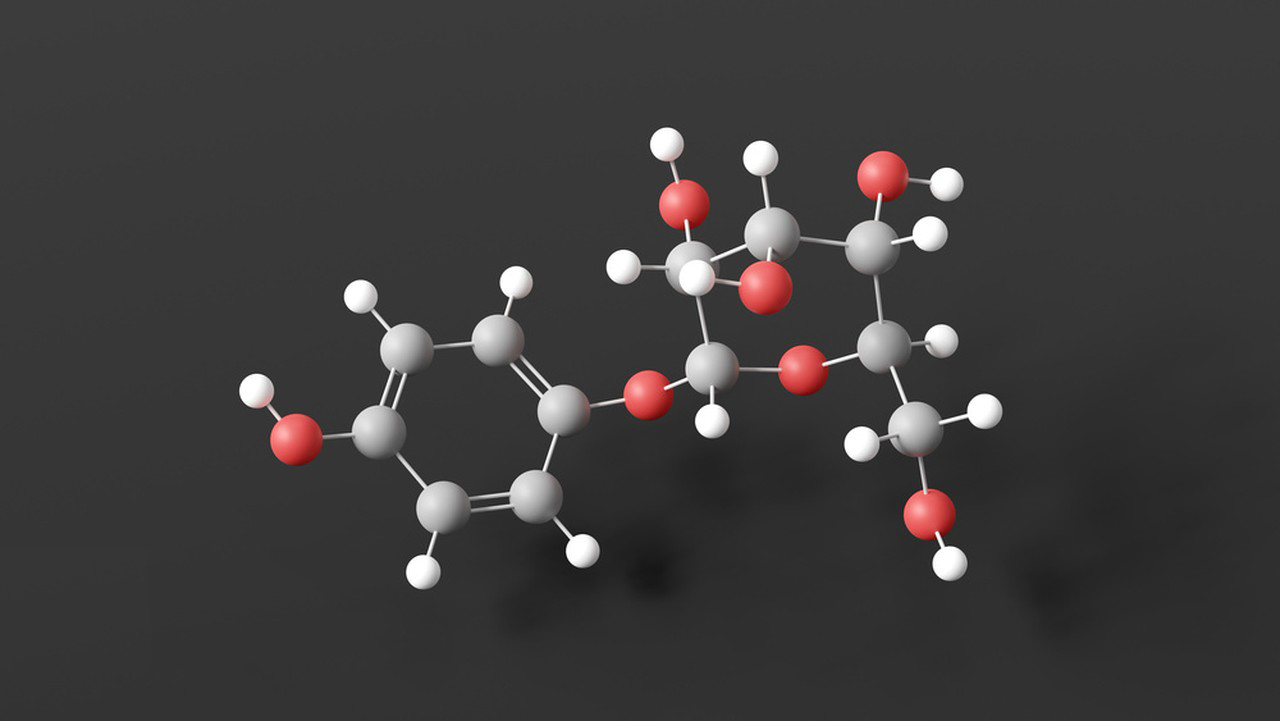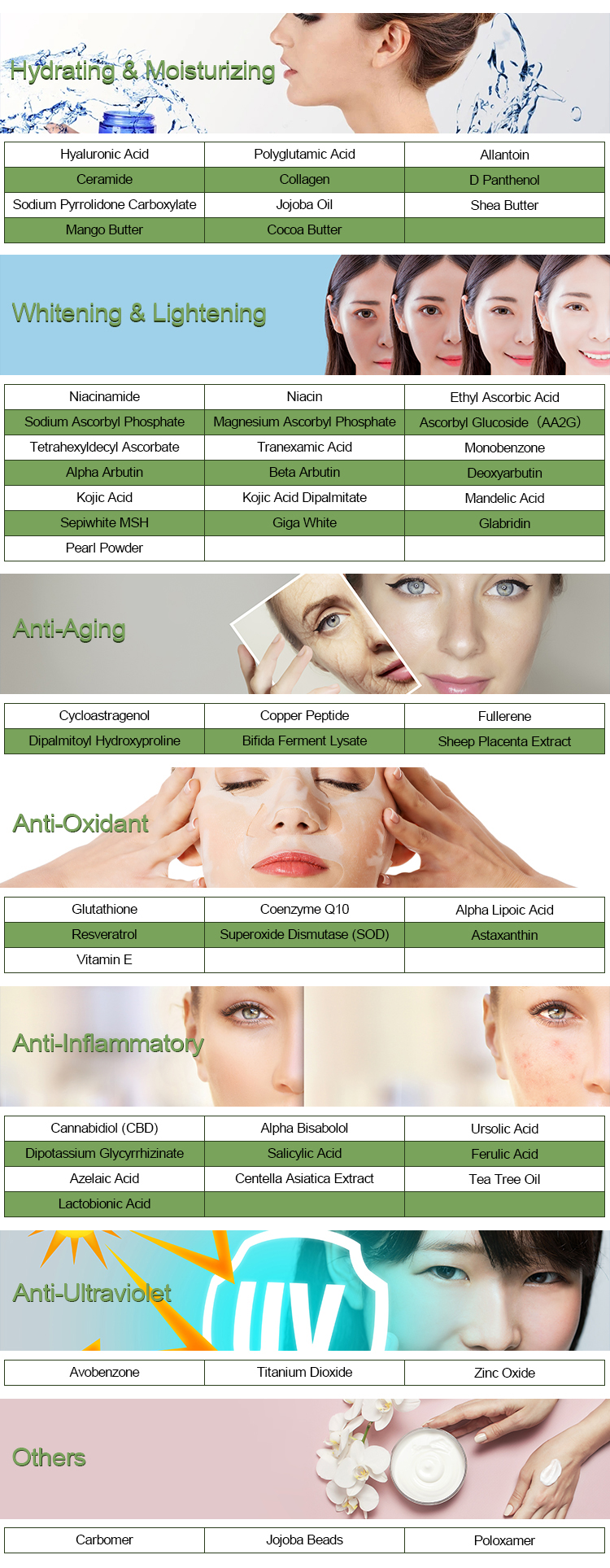Alpha Arbutin is a popular skincare ingredient primarily known for its skin-brightening and hyperpigmentation-reducing properties. The key selling points for products containing Alpha Arbutin include:
- Brightening Effect: Alpha Arbutin helps to brighten the complexion by inhibiting the enzyme tyrosinase, which is responsible for melanin production. This helps reduce the appearance of dark spots and uneven skin tone.
- Reduces Hyperpigmentation: It is effective in treating hyperpigmentation issues such as sunspots, acne scars, age spots, and melasma. Its gentle action targets pigmentation without causing irritation.
- Gentle on Skin: Unlike some other brightening ingredients (such as hydroquinone), Alpha Arbutin is known to be gentler on the skin, making it suitable for sensitive skin types.
- Even Skin Tone: Regular use of Alpha Arbutin can lead to a more even and radiant complexion by gradually lightening dark areas and reducing blotchy, uneven patches.
- Safe for All Skin Types: Alpha Arbutin is generally safe for all skin types and tones, including darker skin tones, without the risk of over-lightening the skin.
- Compatible with Other Ingredients: It can be easily combined with other skincare ingredients like Vitamin C, Niacinamide, and Hyaluronic Acid for enhanced skin-brightening and hydration benefits.
- Non-Irritating: Alpha Arbutin has a low risk of causing irritation, dryness, or sensitivity, making it a go-to ingredient for daily use without harsh side effects.
- Targeted Results: Unlike some other brightening agents, Alpha Arbutin is more specific in targeting melanin production, so it lightens dark spots without affecting the surrounding skin.

These features make Alpha Arbutin-based products attractive for people looking to brighten their skin tone, reduce hyperpigmentation, and achieve a more even complexion.
Difference between Alpha Arbutin and Beta Arbutin
Alpha Arbutin and Beta Arbutin are both forms of arbutin, a natural compound known for its skin-brightening properties. While they share similar purposes, such as inhibiting melanin production to reduce hyperpigmentation, they differ structurally and in terms of efficacy.
Here’s a comparison of the two:
1. Chemical Structure:
- Alpha Arbutin: In this form, the arbutin molecule is bonded in an alpha-glycosidic linkage.
- Beta Arbutin: In this form, the arbutin molecule has a beta-glycosidic linkage.
This difference in the glycosidic bond affects the way the molecules are absorbed and processed by the skin.
2. Effectiveness:
- Alpha Arbutin: It is more stable and more water-soluble, which makes it more effective and more bioavailable for skin absorption. Alpha arbutin is considered to work faster and more efficiently in lightening hyperpigmentation and dark spots.
- Beta Arbutin: While it also has skin-brightening properties, it is less potent and less stable compared to alpha arbutin. It is commonly found in traditional extracts, such as bearberry extract.
3. Safety:
- Alpha Arbutin: Considered safer for long-term use in skincare because of its stable and controlled release of hydroquinone (the active component).
- Beta Arbutin: While it is still safe, beta arbutin can be slightly less gentle on the skin due to its lower stability and potential for quicker breakdown.

4. Cost:
- Alpha Arbutin: Due to its higher efficacy and stability, alpha arbutin tends to be more expensive.
- Beta Arbutin: Being less effective and more commonly available, beta arbutin is typically found in more affordable products.
Conclusion:
- Alpha Arbutin is generally preferred in skincare products due to its greater stability, faster action, and higher safety profile.
- Beta Arbutin is less commonly used today, especially in premium skincare products, but it still has a presence in formulations due to its affordability.
For optimal skin-brightening effects with fewer side effects, most people prefer Alpha Arbutin.
